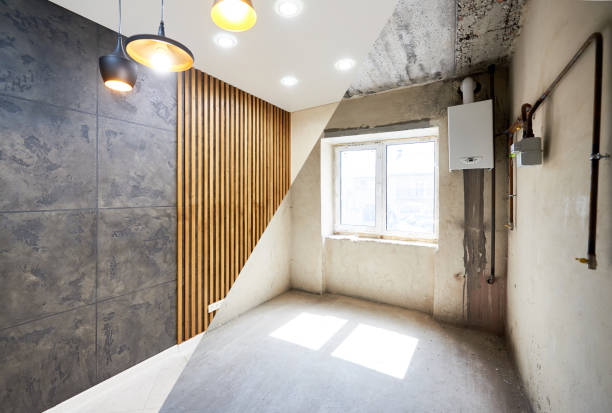
Getting a license to work as a Residential Building Contractors is a great idea for anyone interested in getting into this type of business. However, there are some things you need to know before you go out and get your license. Read on to find out the requirements for getting your license, as well as penalties for failing to meet them.
License requirements
Whether you’re a homeowner looking for a contractor to build an accessory building or a home improvement contractor looking for a license to work on a larger project, you need to know what the requirements are for your state. Not only does it give you a leg up on finding the right professional, it could also protect you from a variety of risks.
Some states have specific requirements for licensing contractors, while others are more general. If you want to apply for a contractor license, you’ll need to fill out an application with the state, pay a registration fee, and take a test to prove you know your trade.
Many states require a contractor to have liability insurance. This is important because you could be sued if someone gets injured while you’re working.
You should also consider the possibility of having to take a written exam. In addition to demonstrating your knowledge, a written exam could also help you determine whether or not you’re qualified to be a contractor.
Penalties for unlicensed contractors
Having an unlicensed contractor in your home can cost you a lot of money. It can lead to a mechanics lien or payment dispute, and it can make you liable for damages. These penalties for unlicensed contractors vary from state to state, but it is always best to know what you are getting into before you begin.
In New Mexico, unlicensed contractors are not permitted to file mechanics liens. In addition, they cannot collect on a deed of trust or promissory note. They also have no recourse when they cannot get paid for work or materials they’ve completed.
In Ohio, the Contractors License Board can fine unlicensed contractors up to $1,000 a day. If the unlicensed contractor is working for more than $2,000 a year, he or she must register with the Division of Labor.
A third unlicensed contracting conviction carries a Class E Felony. For the first offense, the minimum penalty is $1,000. For subsequent offenses, the fine increases to $1,500. The unlicensed contractor can face a jail sentence of up to six months.
Subcontractor requirements
Getting a subcontractor license is not a cheap endeavor. Some states require separate licenses for residential and commercial work. The license holder must also maintain their credentials by attending continuing education classes or exams. Depending on the jurisdiction, you may be required to pass a plethora of state or local tests. Luckily, most jurisdictions have their own construction grading and inspection boards. In addition to licensing, many jurisdictions mandate the use of specific roofing materials such as modified bitumen or TPO roofing. Using the wrong roofing material may result in costly and unnecessary repair work.
In addition to obtaining a subcontractor license, you may also be required to purchase a performance based safety bond. The good news is you do not need to be an insurance agent to obtain this. On the other hand, the bad news is you may not be insured against any and all losses. The best bet is to speak with your insurance agent to ensure you are getting the best deal for your money.
Bonding requirements
Getting bonded is a good way to ensure you get the job done. Construction bonds are used by contractors to make sure they are qualified to do the job, protect their clients and other contractors, and protect the owners of the project. There are different kinds of bonds and each state has its own requirements.
A performance bond guarantees that the contractor will complete the project on time and in accordance with the contract. Payment bonds hold the contractor responsible for paying subcontractors and suppliers. A bid guarantee guarantees that the bidder will complete all the required documents. A maintenance bond guarantees that the structure is free of defects.
Contractor license bonds are also required to ensure the contractor is licensed and is in compliance with the state’s rules and regulations. However, these bonds are different from construction bonds. Contractor license bonds are required only when bidding on a project. Contractor license bonds ensure that a contractor follows the rules of the licensing board and practices ethical business practices.
